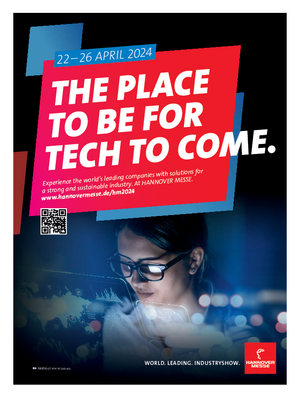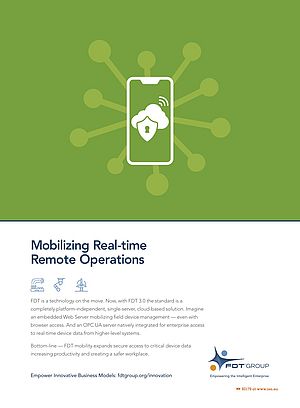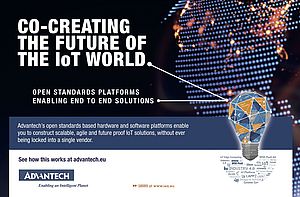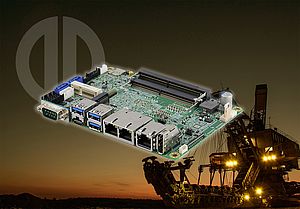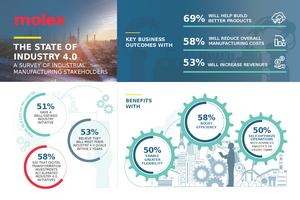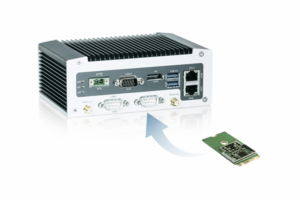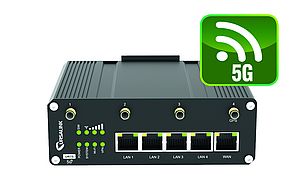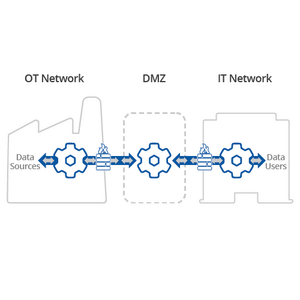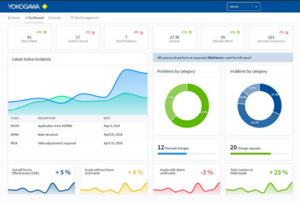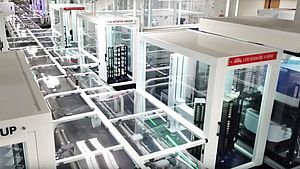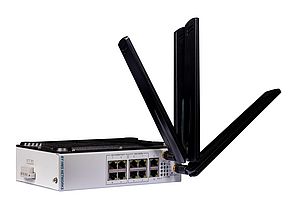According to a global market study conducted by Persistence Market Research, the market of smart cities is forecasted to grow by 18% CAGR, totaling in value an amount that surpasses US$ 900 Bn, in the period between 2019 and 2029.
As of 2018, the key commercial players are Cisco Systems, AT&T, Microsoft Corporation, IBM Corporation, Ericsson, Siemens AG, Schneider Electric, Huawei Technologies, General Electric, and Signify. Together they have a combined 45% to 50% of the total market share in terms of value.
Among the principal enabling factors for the adoption of smart city technology, public-private partnerships between governments and businesses allow to invest capital and accelerate growth, while the integration between cloud, mobile, Big Data technology, and Artificial Intelligence establishes a connected environment, ready for the implementation of smart city initiatives.
Challenges and opportunities
There are still factors that hinder an even geographical adoption of smart city technologies: the lack of existing infrastructures and the high costs of replacing them with smart infrastructures make the Middle East and Africa region and Latin America lag behind North America, which still the dominating region. It currently captures over 33% of the market share.
Due to its growing population, high rates of digital technology adoption, and high demand for smart solutions, the Asia Pacific region appears to show great potential for growth within the same forecast period (2019-2029).
Moreover, in the field of smart applications, security solutions are forecasted to grow by 22% during the same period.















